Mon 14 Sep 2015 by Philip Woodcock
Seawork 2015 saw representatives of IJUBOA and NWA co-host an open industry safety forum on vessels
and jack-ups
Seawork 2015 was brightened up this year by a first for the workboat industry. The International Jack-Up Barge
Operators Association (IJUBOA) joined the National Workboat Association (NWA) to co-host an open industry safety
forum.
NWA created the Workboat Safety Forum in April 2014 as a means of getting workboat operators to share safety lessons.
This was one method of responding to a Marine Accident Investigation Branch (MAIB) requirement for the industry to
share safety information. With the able assistance of IJUBOA, it was possible to take this members-only safety group out
to the workboat industry in general by hosting an event at Seawork 2015.
The agenda was in two parts, with NWA conducting a fairly typical safety forum meeting, which IJUBOA members
contributed to greatly, followed by a behavioural safety presentation from Macnaughton McGregor (2Macs).
IJUBOA, recognising how important personal interaction is to safety offshore, contracted the 2Macs to deliver an
abbreviated version of their offshore safety role-play training. If you have not experienced a session by the 2Macs, you
have missed a unique and rewarding experience.
The meeting commenced with the chairman of the NWA safety forum, Philip Woodcock, representing NWA member
company Acta Marine Wind Services, explaining why the forum existed and introducing the agenda and speakers.
Andrew Sykes of the Energy Institute spoke on behalf of the G9 Offshore Wind Health and Safety Association and
explained the work programmes of the G9 and how they believe safety can only be improved by better co-operation.
He was followed by Dominic Evans of G9 member company Dong Energy, who gave a more practical insight on how
one company was implementing the work programme into their own methods of operation. This was the second time a
Dong Energy representative had spoken to the NWA safety forum, and it is reassuring to know that co-operation can take
this form and is more than just words.
Peter Owen Lloyd, Siemens’ head of environmental health and safety, who was asked to speak at the 11th hour, delivered
a very informative and entertaining presentation from the viewpoint of a turbine manufacturer. As a former helicopter
pilot, his insights were witty and showed great vision. His presentation included lively discussion about the suitability of
seafarer medicals. He acknowledged that these were governed by international regulations but personally felt that his
company’s most valuable assets were in the hands of someone whose medical fitness was assessed at a lower standard
than an offshore technician.
Following the guest speakers, the chairman dealt with the business of the safety forum. This included the unveiling of the
2014 workboat safety statistics. A core element of the safety forum is a closed-book ‘safety pause’ where members have
an opportunity to share lessons learned from incidents in their own organisation without fear that this information would
be used against them. It has taken a long time to achieve trust in this process of opening up behind closed doors with the members, so it was unclear how the concept would work in the public arena. To everyone’s surprise, it was a great
success, with workboat and jack-up operators contributing to the discussions and shared learning.
The meeting closed with a question and answer session to a panel consisting of Jenny Vines of the UK Maritime &
Coastguard Agency (MCA), Andrew Sykes, Dominic Evans, Mark Meade, chairman of the NWA, and Ian O’Conner of
IJUBOA.
Many interesting questions were asked, with many building on the topics of behavioural safety and how to stop people
from making decisions that they know are wrong. It was agreed that this was a topic that will be looked at in much greater
detail in future safety forums.
The most controversial question, however, was one posed to Jenny Vines of the MCA when asked if, in her opinion, the
MCA could continue to deliver the same high level of service in preparing workable rules and regulations – such as the
Workboat Code – if there was another round of budget cuts imposed by the government in the UK.
Her response was a clear and straightforward “no”, which left everyone attending the event with something to think about
at the end of what was a very productive day that saw the workboat industry working together to enhance safety.
Philip Woodcock, operations director, Workships Contractors, as managers for Acta Marine Wind Services



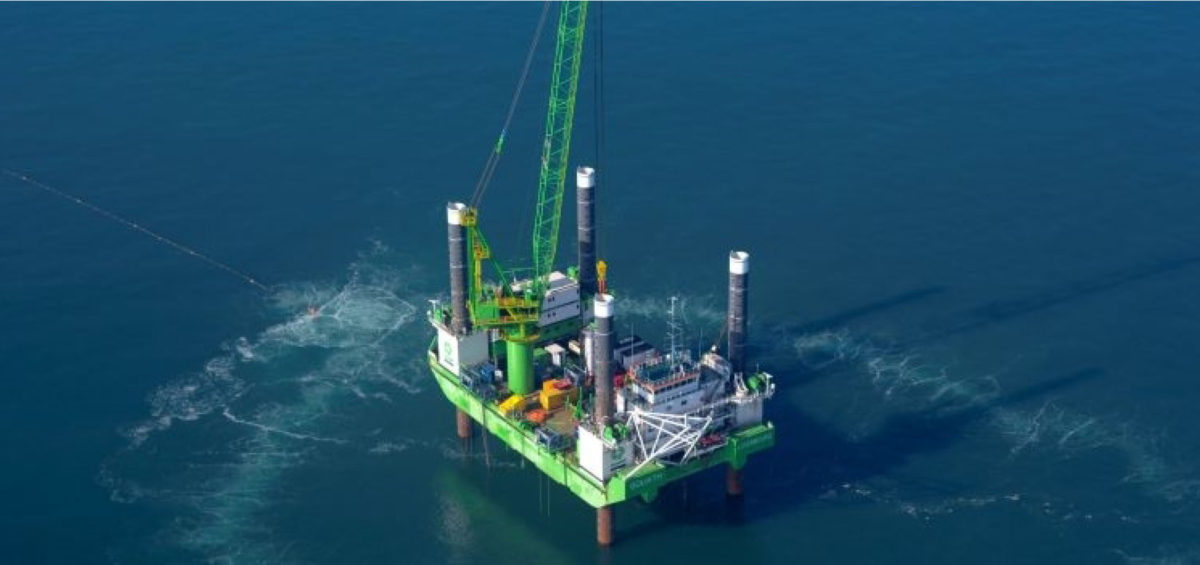
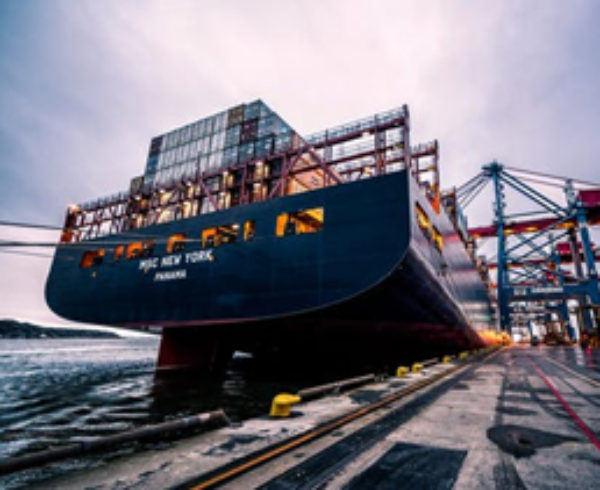
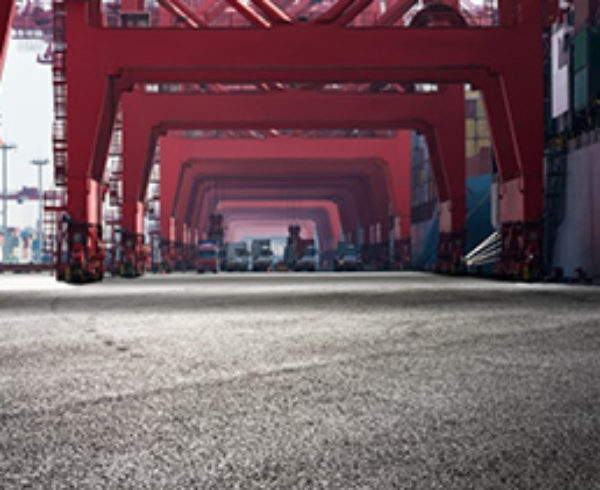
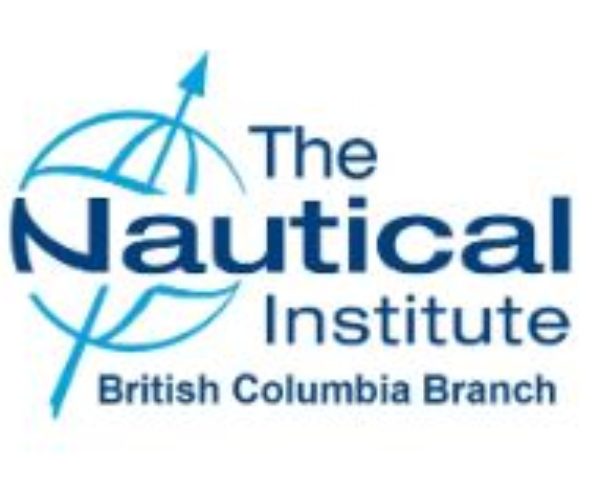
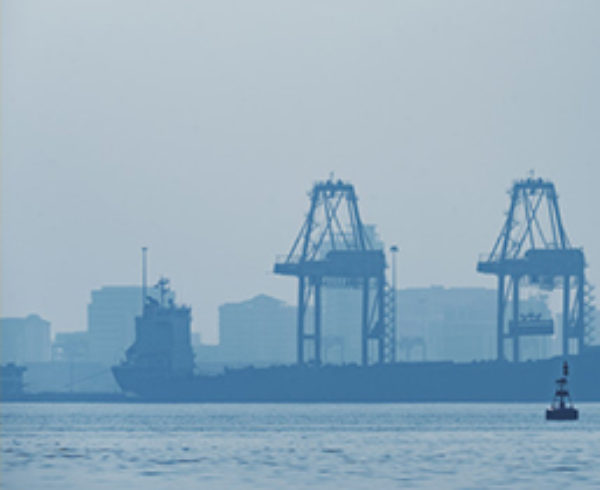
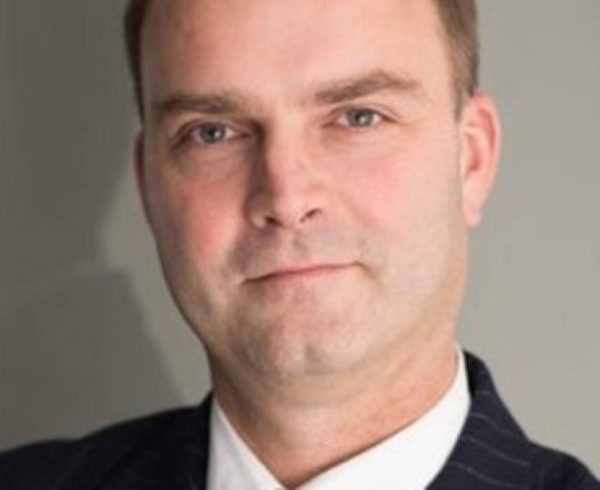
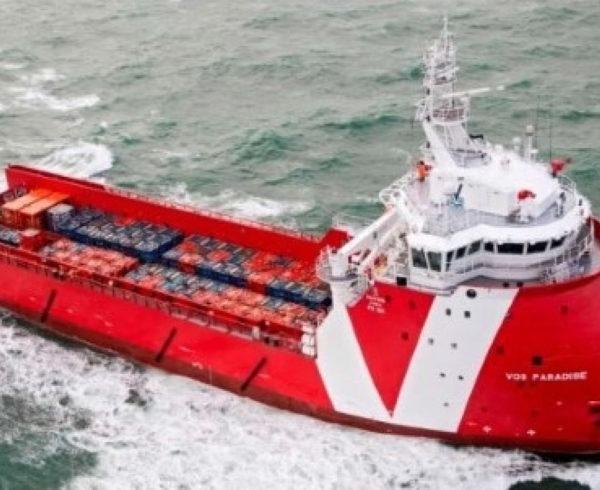
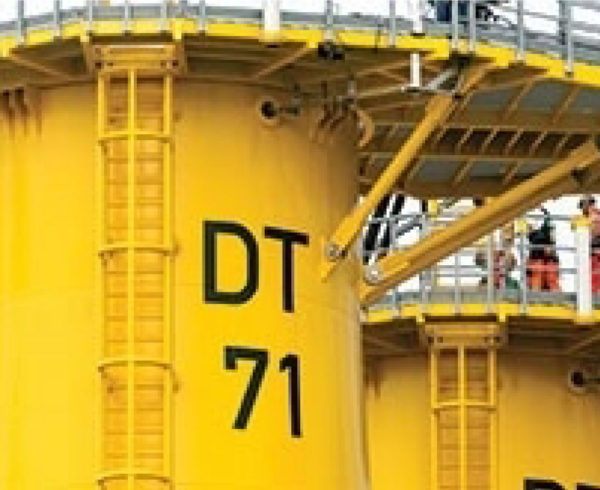
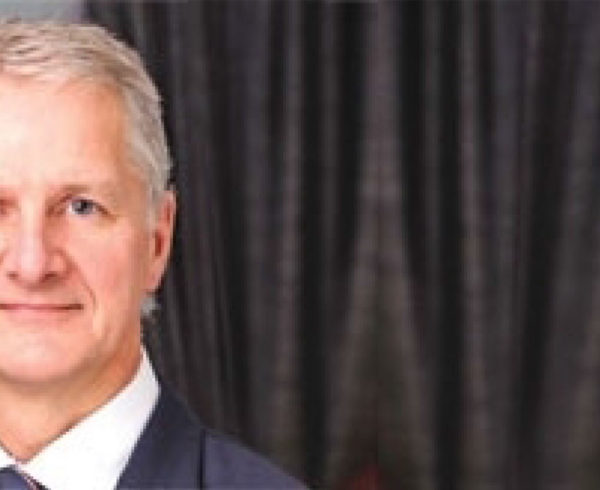

Leave a Comment